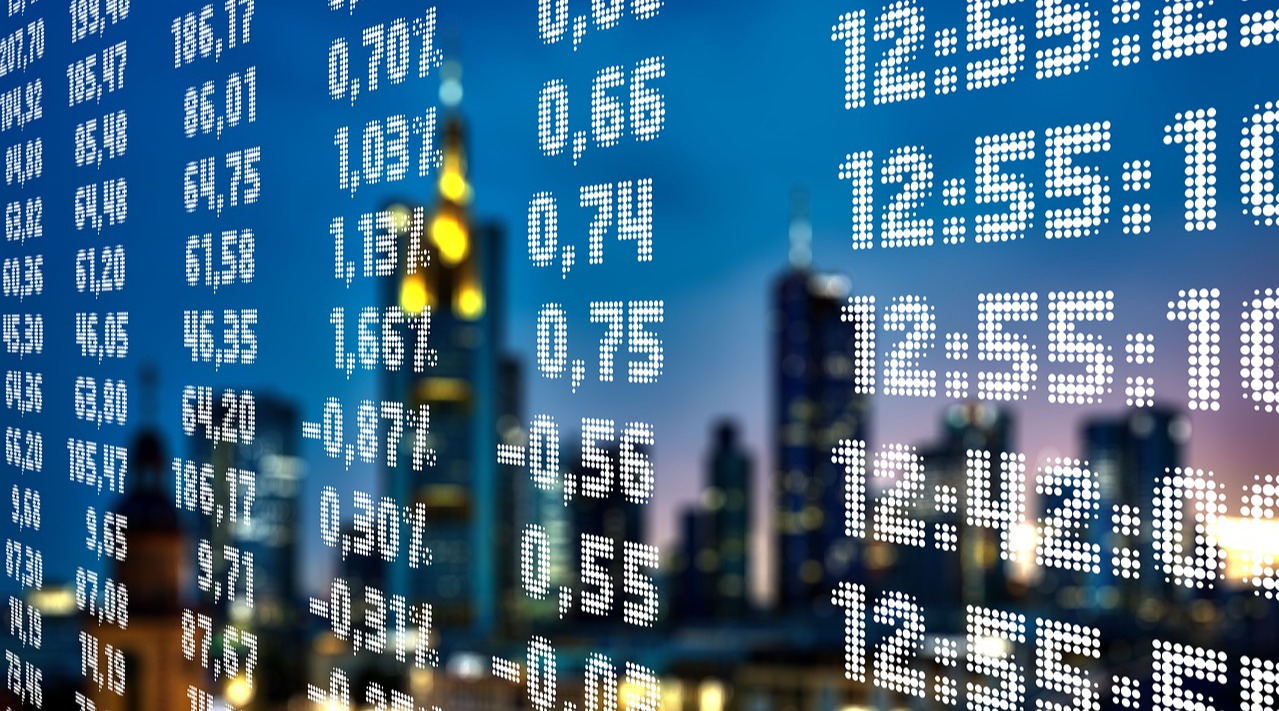FTX, a major cryptocurrency exchange , is expanding into stock trading, as it will allow its customers to trade stocks and exchange-traded funds (ETFs). According to The Wall Street Journal, the company, whose Co-Founder and Chief Executive Officer is Sam Bankman-Fried, will open access for a limited number of US users.
“What we eventually want to offer is an everything app for financial services. We don’t necessarily have to see a profit on day one,” Brett Harrison, FTX.US President, commented. As with most major US online brokerage firms, FTX plans to offer commission-free stock trading. Customers’ orders won’t be routed to high-speed traders in exchange for cash, the controversial practice known as payment for order flow, Harrison said. After GameStop Corp.’s and other meme stocks’ frenzied trading last year, lawmakers and regulators began investigating payment for order flow.
In January, Mr Harrison first announced the crypto exchange was working on adding stock trading, and FTX opened a waitlist for the new service in February. Several apps already combine stock and crypto trading, including Robinhood, Block Inc.’s Cash App, and Public.com. FTX’s move is less typical because it represents a crypto-native company entering traditional markets as opposed to a conventional financial institution that has expanded into digital currencies.
Bankman-Fried and Robinhood
According to a recent regulatory filing, Bankman-Fried has acquired 7.6% of the American online broker Robinhood. In total, he invested $648 million in Robinhood shares at an average price of $11.52, according to the discloser. He began purchasing the property in mid-March and continued to do so until last 11 May.
Additionally, he noted that his position as a commission-free broker might change but did not specify whether he was open to purchasing more shares. After Robinhood lost a large portion of its value, Bankman-Fried began hoarding its shares. The online stock trading platform went public last year in July with a lot of bells and whistles, but quickly lost investors’ interest as retail trading frenzy faded.


















